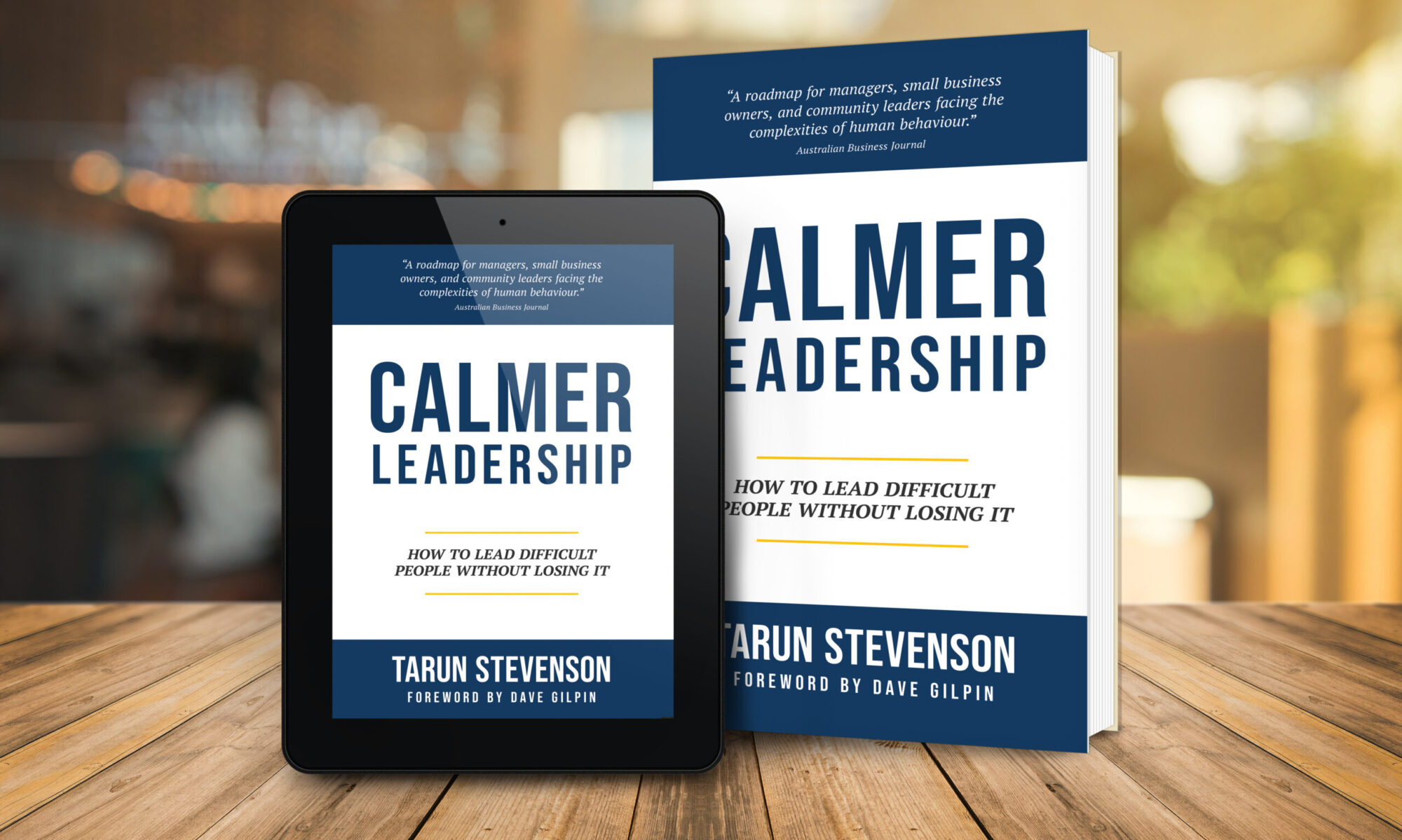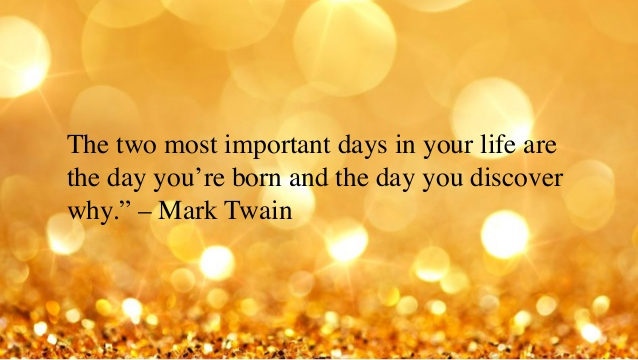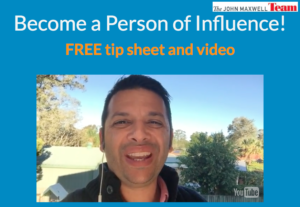I am a teacher by profession and one common quip I hear is: ” those who can’t do, teach…” Now the implication is that people who can’t be a success in their own right often end up in a position teaching others how to do what they couldn’t. This may have some truth to it but what I have found when it comes to pain and adversity is, most of us are better teachers than students.
It’s real easy to give advice to a friend when they are experiencing pain that we are not. It’s a whole lot harder to take our own advice or even the advice of others we we are the ones in the middle of the painful experience.
The reason (I believe) is; when the pain is not yours it’s much easier to take a higher perspective. See the big picture, by distancing ourselves from the pain of the circumstance and taking the long view.
It's real easy to give advice to a friend when they are experiencing pain that we are not Share on XBut as John Maxwell says; “when you’re losing, everything hurts…” All you can see is your pain and the circumstance you’re in. Taking the long view doesn’t even seem like an option and anyone that suggests it makes you feel like punching them in the face ( ok maybe that’s just me…?).
when you're losing, everything hurts... @JohnCMaxwell Share on XWhat I am finding though, when we are able to elevate our perspective of the situation, adversity can actually become a great teacher. Instead of the stone around our neck, dragging us down, adversity can become the springboard that propels us on to opportunities and experiences that we could not have done or imagined prior to the painful experience.
when we are able to elevate our perspective of a situation, adversity can actually become a great teacher Share on XIt’s all in the way you look at the problem.
In his book “Sometimes you Win, Sometimes you Learn”, John Maxwell offers 6 ways that we can learn from our pain rather than letting it drag us down. I would like to share some of my responses to John’s points, I hope they will help you as they have done me.
1. Adversity Introduces Us to Ourselves If We Want to Know Ourselves
The way we react in adversity, reveals a lot about our true character. How we treat others, the choices we make, the thoughts we entertain when we are under fire, show us the limits of our own character. When we are honest enough to focus on our response to a situation rather than searching for who is to blame, we can learn much about the things that really make us tick. If we’re brave enough to acknowledge it and respond to our weaknesses the growth we experience through the challenge will far out weight the pain.
The way we react in adversity, reveals much about our true character Share on X
2. Adversity Is a Better Teacher Than Success If We Want to Learn from Adversity
The expression “No Pain, No Gain” is true of everything in life. If you want to grow in your capacity as a human being and in your ability to deal with challenging circumstances, pain is a given. It doesn’t mean it’s fun or even right, but if we ask ourselves how we can learn from our pain rather than trying to escape it, we truly do gain far more on the other side. Anyone who has achieved great success has done so by learning through their challenges, adversity and pain. No exception.
If avoiding pain is what you prefer, then don’t expect to grow. Just like a bodybuilder experiences pain before their muscles grow, pain is the teacher that will bring us the most growth we desire.
If you want to grow the requirement to deal with challenging circumstances & pain is a given. Share on X3. Adversity Opens Doors for New Opportunities If We Want to Learn from It
When we’re in the pit, the path forward is not always easy to see. When we develop the long view in pain, we can often discover new opportunities that we may have never entertained before the adversity.
My entering the teaching profession came from a situation where I lost what I thought was my dream job.
When we're in the pit, the path forward is not always easy to see Share on XAt the time I could not have imagined the skills I have developed and the opportunities I have had since becoming a teacher, but in regrouping and looking for a new opportunity to move forward I was able to find myself in a place that has seen more growth and reward for my life than my “dream job” ever could have.
4. Adversity Can Signal a Coming Positive Transition If We Respond Correctly to It
Sometimes positive transitions and opportunities can appear like adversity because of our expectations. If we expected a particular outcome and it didn’t work out the way we hoped, the immediate reaction can often be one of disappointment.
If we can adjust our expectation and response to realise that a disappointing outcome does not necessarily spell the end, but might just be a door that transitions us into something thing new, the disappointment can become a positive. It’s all in the way you look at it.
opportunities can sometimes appear like adversity because of our expectations Share on X5. Adversity Brings Profit as Well as Pain If We Expect It and Plan for It
The question of whether pain will come or even why it comes really is not the point, it is more about whether we anticipate it and plan our response before hand. Anything we endeavour to achieve will at some point cause us some pain. If we anticipate it and plan to respond with a mindset of commitment, openness and positivity, we will learn and ultimately grow from it rather than letting it destroy us.
Anything we endeavour to achieve will at some point cause us some pain. Share on X6. Adversity Writes Our Story. If Our Response Is Right, the Story Will Be Good
There are very few high, high moments in an individuals life. We usually mark those moments (wedding, birth of a child, graduation etc…) with celebration because they are far and few between. The true story or our life is frequently shaped not by the highs but how we navigate the lows or the dozens of ordinary days that we face. Those are the times that really shape up.
How we navigate the mundane, the setbacks, the pain, will determine what kind of story we write. A tragedy or a triumph. The experiences we have are not always within our control, but our responses are. Choose well and write a great story.
How we navigate our setbacks will determine the story we write. A tragedy or a triumph. Share on XSo what’s your story?
Comment below and tell us about a time when you overcame a set-back and achieved more than you expected?
If avoiding pain is what you prefer, then don't expect to grow Share on XIf you would like to learn more about effectively growing in your leadership, why not check out our FREE Goal setting guide. See below for details.
https://leadcommunicategrow.com/free-goal-setting-guide/
5 Steps to Set Goals that Work










